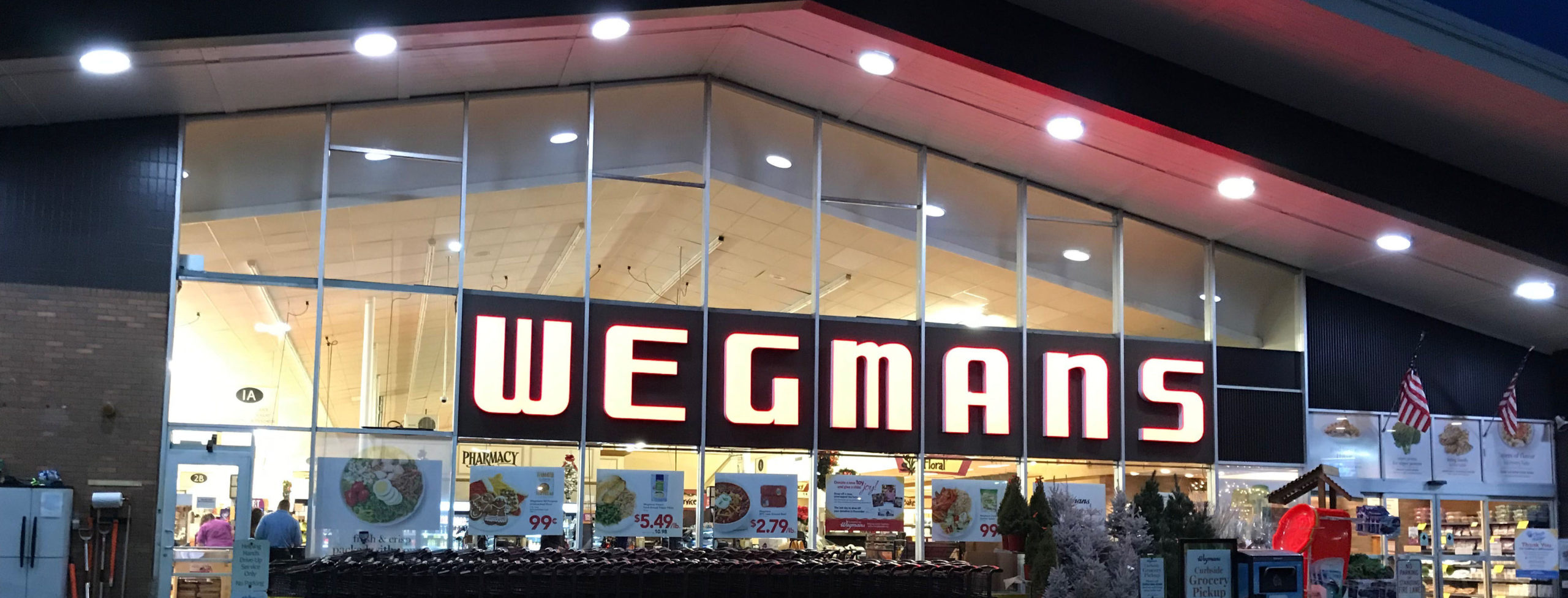Update: Wegmans has introduced measures designed to reduce contamination from money. Customers are now asked to place bills and/or coins on the shelf next to the payment screen. The cashier takes the cash from the shelf, and places change on the same shelf for the customer to pick up. The shelf and the rest of the checkout station should be sanitized before the next customer is checked out.
I shudder whenever a customer digs deep into his pockets and pulls out a wad of money. He riffs through the bills, sometimes even touching his fingers to his tongue, then he hands me a stack of germs. Odds are good that we’ll touch hands as I give him his change.

The science of filthy lucre isn’t as exact or in-depth as we’d like. Neither the Centers for Disease Control nor the World Health Organization has issued recommendations about cash and the coronavirus.
But a 2017 study of paper currency found microorganisms ranging from mouth and vaginal bacteria to flu-like viruses. The WHO recommends washing your hands after handling money, especially before eating.
Health experts say coronavirus doesn’t spread through the skin. But if you touch your mouth, scratch your nose, or rub your eyes after handling cash, you may be at risk. (These movements are so habitual and inadvertent, I can’t help but imagine us all wearing plastic dog cones.)
An irony: Customers cannot use cash at the self-checkout stations at my store. Although this wasn’t the original intent, electronic efficiency currently tops cashier safety.
Most customers use credit cards, EBT cards or apps such as Apple Pay. They still have to touch the payscreen, though, so should always use the hand-sanitizing stations on the way out.
It’s often the elderly and the poor who stick to hard cash. They also happen to be the folks most susceptible to coronavirus. Government and the financial sector need to find more ways to bring these people into the digital world.
In the meantime, if stores have to accommodate those who can’t pay digitally, they might designate a cash-only lane, where the cashier is trained and equipped (perhaps with gloves and a routine of wiping down the keyboard after each transaction) to handle it. Maybe that employee should also receive a differential in his or her pay, just as night-shift workers do.
Some establishments, including the Louvre before it closed last week and a drive-through burger chain in Seattle, an early epicenter of the virus in the U.S., have discouraged or banned cash altogether. Today, the Michigan Department of Transportation announced it would stop accepting cash for private passenger vehicles traveling over the Blue Water Bridge to Canada.
Grocery stores, struggling to serve the public while protecting employees and customers, have remained silent on this point. They need to take a stand.
Coronavirus updates: New York state Thruway will stop taking cash for tolls https://t.co/9P2wc2n7ZW #ROC
— Democrat & Chronicle (@DandC) March 21, 2020

Thank you for this. I normally use my debit card at the grocery store but this cinches it for me. I won’t pay cash – as I did yesterday at the drug store – any more until this is over.
When I was a cashier I liked it when customers paid cash, it was less boring than just hitting a button and I got to use my brain to count out the change. I can understand the germ concerns though.